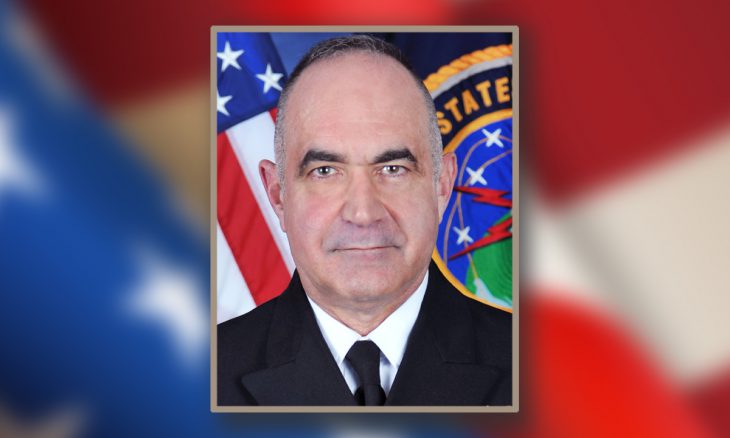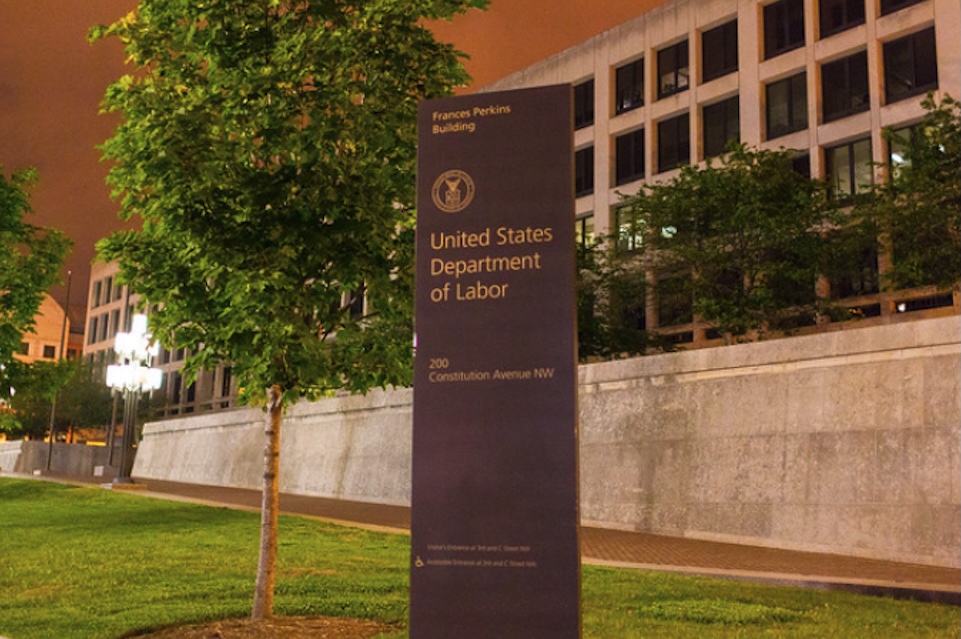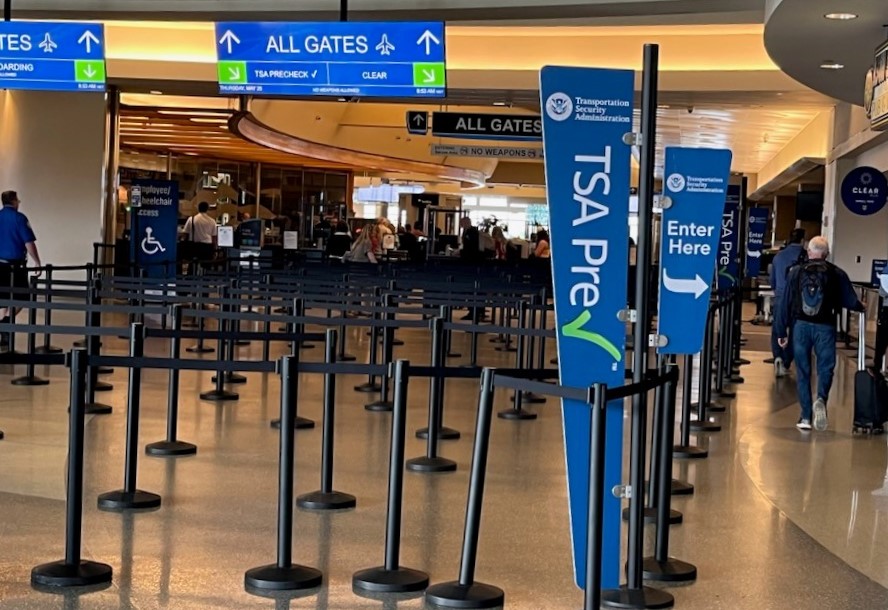Admiral Charles Richard
Commander, U.S. Strategic Command
Charles A. “Chas” Richard was born in 1959 or 1960 in Decatur, Alabama. He is a graduate of the University of Alabama and has earned master’s degrees from The Catholic University of America and Naval War College.
His operational assignments include command of USS Parche, as well as Submarine NR-1, then the U.S. Navy’s only nuclear-powered, deep-submergence submarine. He also served aboard USS Portsmouth, USS Asheville, and USS Scranton. As a flag officer, he commanded Submarine Group 10, was director of Undersea Warfare at the Pentagon, and deputy commander of Joint Functional Component Command for Global Strike at the U.S. Strategic Command.
He served as executive assistant and naval aide to the Under Secretary of the Navy; chief of staff, Submarine Force Atlantic; and command of Submarine Squadron 17 in Bangor, Washington. He was director of resources for the Under Secretary of Defense for Policy; squadron engineer of Submarine Squadron 8, and was a member of Chief of Naval Operations Strategic Studies Group.
In October 2019, Richard became the commanding officer of United States Strategic Command, after appearing before the Senate Armed Services Committee and receiving a confirmation vote of the full Senate.
In the News…
Admiral Charles Richard, the commander of the U.S. Strategic Command, which oversees the nation’s nuclear weapons, provided a warning about China’s rapidly increasing military capability.
“We are witnesses a strategic breakout by China. The explosive growth and modernization of its nuclear and conventional forces can only be what I describe as breathtaking,” he said. “Business as usual will not work.” He added, “Make no mistake. China’s strategic breakout is cause for action.”
“What matters is they are building the capability to execute any plausible nuclear employment strategy, the last brick in the wall of a military capable of coercion,” the admiral explained.
Admiral Richard state that, to counter the threats posed by China and Russia as well, the United States must continue to modernize its nuclear force, bolster its missile defense system, and put effort into developing advanced weapons such as high-energy lasers.
“Our current and planned terrestrial-based radar architecture limits our capability to fully achieve early warning,” he added. “We need 21st century warning or we’re going to have to go put our forces in a different posture to account for our lack of warning.”









